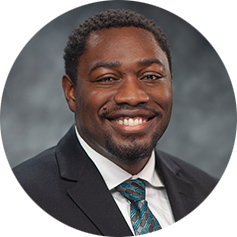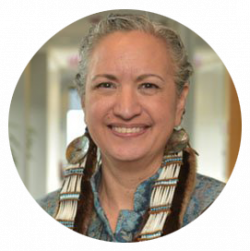New Thinking on Population Health and Health Equity
Health equity experts will be speaking back-to-back at Quality Talks. They will share insights you’ll want to hear.
Make health equity part of value-based care
Josh Liao (internist, behavioral scientist, Shakespearean scholar) thinks his fellow reformers are going about value-based care the wrong way.
A Forbes contributing writer and a cofounder of healthequitypayment.org, Josh is brimming with ideas on how to make care better: End payment incentives that undercut equity. Make it financially rewarding to reduce disparities. And build health equity into the basic math behind value-based payment.
We know of no other young leader who connects core quality goals—payment reform and health equity—as astutely and persistently as Josh. He’s a leader on the rise and definitely one to watch at Quality Talks.
“Would you rather not know the truth?”
You might not expect the executive running San Francisco public hospitals’ COVID response to be enthusiastic about collecting and analyzing health data by race and ethnicity. But Tosan Boyo is.
His provocative reply to colleagues who question the practicality of assessing care based on race and ethnicity: “Would you rather not know the truth about what’s happening with different communities in your care?”
Tosan is committed to public hospitals because his family relied on them after immigrating from Nigeria. He also has a zealous idealism for what US health care can become.
He’s retained an outsider’s ability to see the system—and its possibilities—differently.
A new understanding of population health
For a novel view of population health in America, consider what population health means for Native Americans. The complicated history and dizzying diversity of native peoples (229 distinct tribes in Alaska alone) make for health care stories that are part of—yet apart from—the rest of the US.
Treaties with native tribes give Native Americans the right to government health care. Yet who “counts” as Native depends on which federal agency does the counting.
Identity, rural health, the sovereignty of individuals and communities vs. the state—these are just some of the issues in Native health that collide and crystalize into lessons most health care professionals never hear.
Dr. Siobhan Westcott, a member of the Alaska Athabascan people, has a lifetime of these lessons to share. Appreciating the opportunities to improve care for all Americans starts with understanding the nuances of health care for the first Americans.
Are you as intrigued as we are?
Join us in person or online at Quality Talks on April 21 to hear these and other vivid stories about how to improve health care. Rate is going up on April 10!